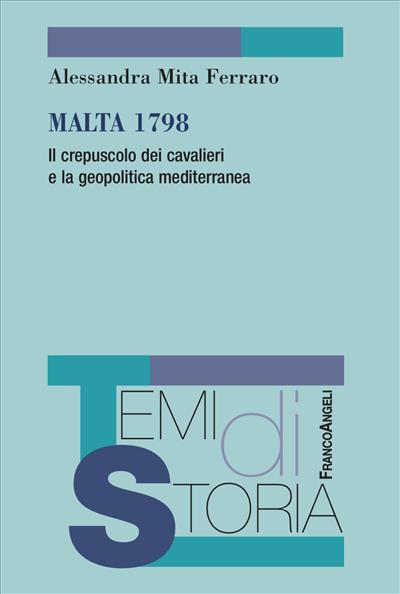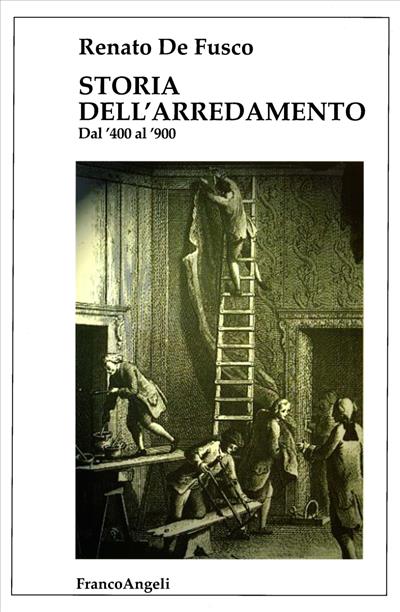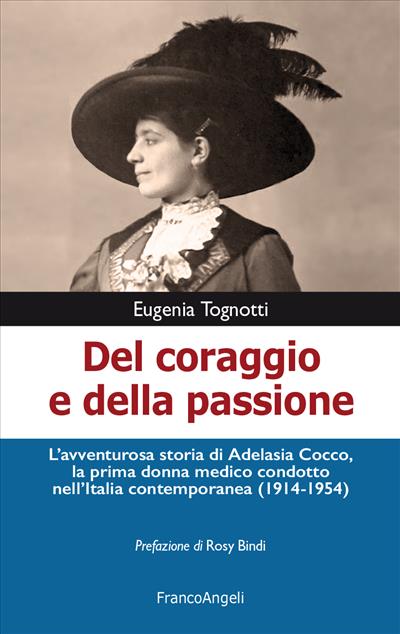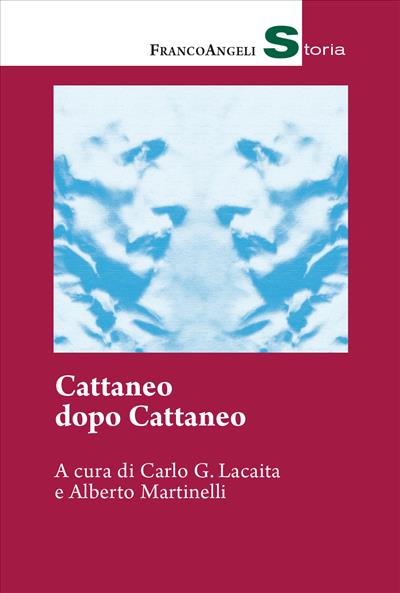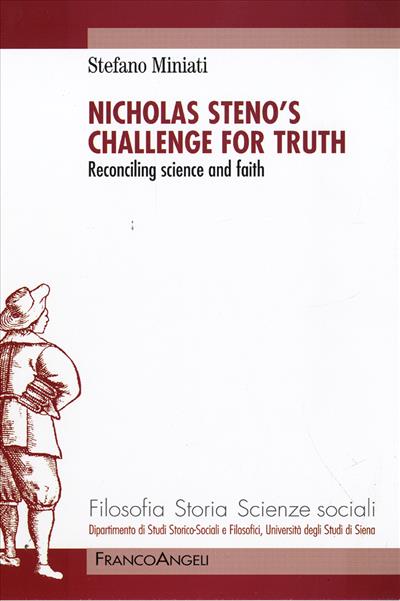
Nicholas Steno's challenge for Truth.
Reconciling science and faith
Though undoubtedly representing a key-figure in the modern history of science, unaccountably few if any studies have been hitherto devoted to a illustration of the science-faith relationship in the life and works of the Dane Nicholas Steno (1638-1686), one of the greatest anatomists of his century, founder of geology and crystallography, who, once in Tuscany, recanted his previous Lutheran faith for Catholicism, took the Holy Orders and was finally beatified by Pope John Paul II.
Pagine: 336
ISBN: 9788856814309
Edizione: 1a edizione 2009
Codice editore: 871.18
Disponibilità: Discreta
Pagine: 336
ISBN: 9788856820652
Edizione:1a edizione 2009
Codice editore: 871.18
Possibilità di stampa: No
Possibilità di copia: No
Possibilità di annotazione: No
Formato: PDF con DRM Readium LCP
